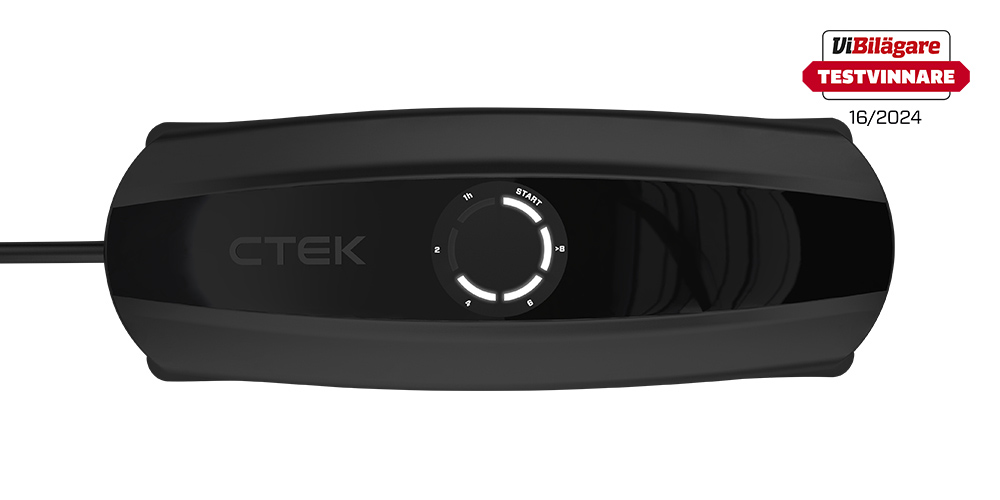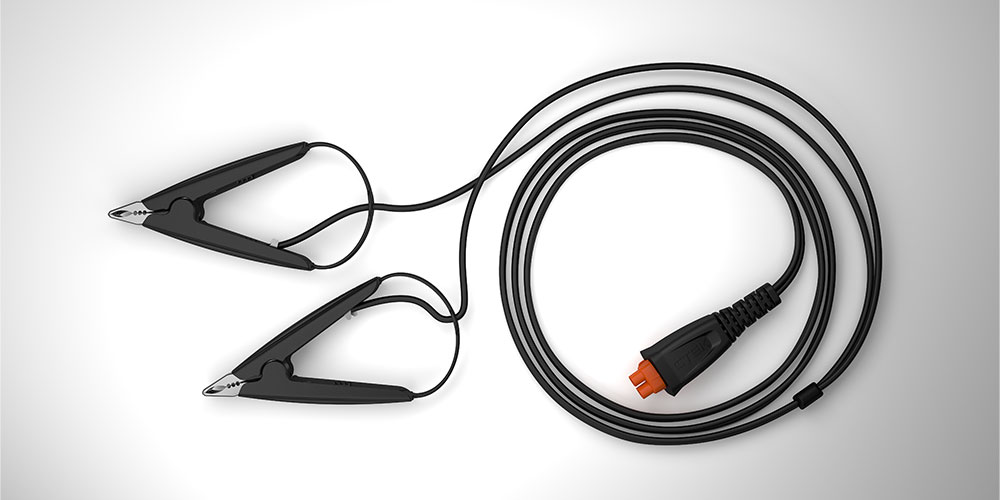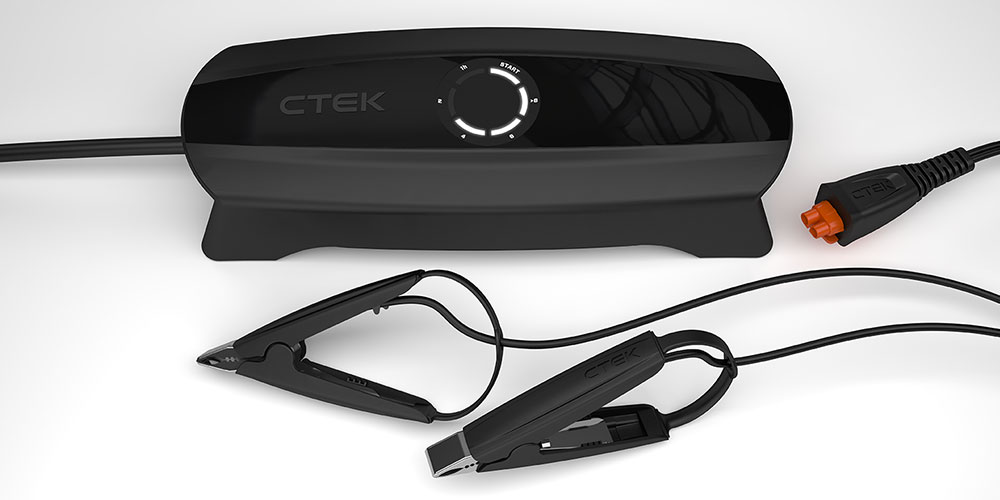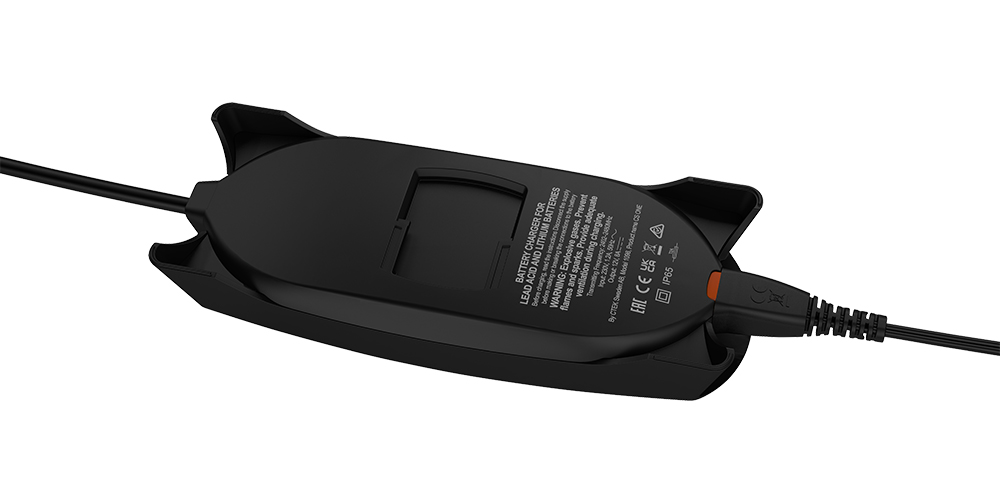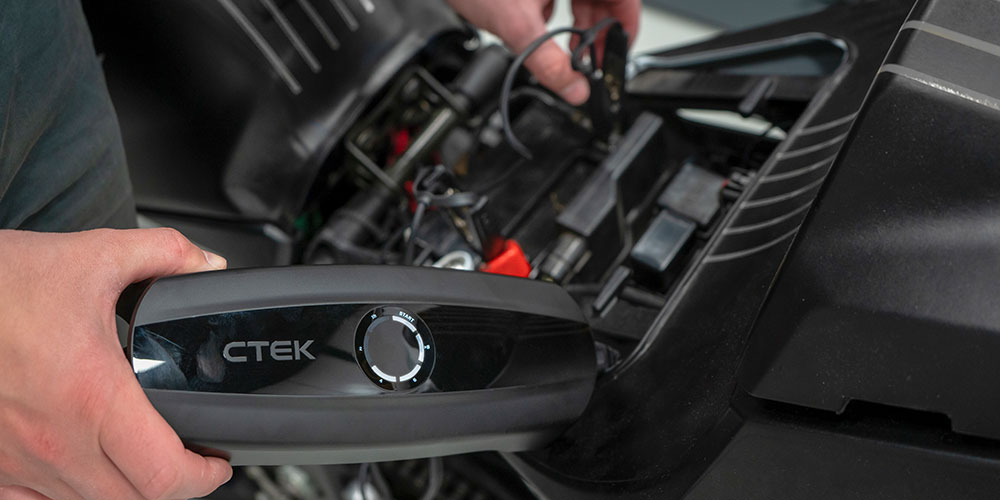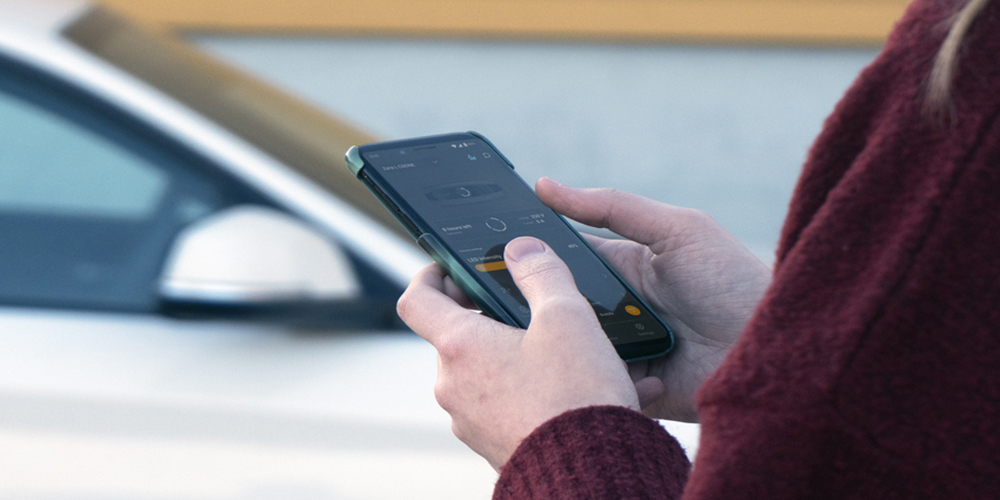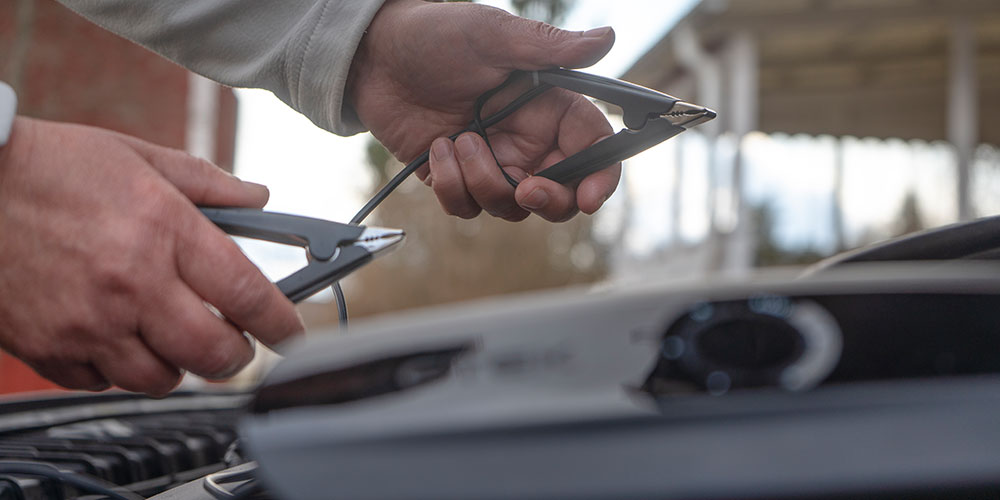The Cold Reality: How Frigid Temperatures Impact Car Batteries
As we are in the middle of the winter, car owners brace themselves for the challenges posed by cold weather conditions. Among the critical components affected, the car battery takes centre stage. In this technical article, we will delve into the science behind how cold weather affects car batteries. Understanding these effects can help car owners take proactive measures to preserve battery health and ensure reliable vehicle performance during harsh winter months.
Chemical Reactions in Cold Temperatures:
Car batteries rely on chemical reactions to produce electrical energy. In colder climates, these chemical reactions slow down significantly due to the reduced mobility of ions in the battery's electrolyte. As a result, the batteries ability to accept or deliver sufficient current decreases, resulting in diminished overall performance.
Reduced Cranking Power:
One of the most evident consequences of cold weather on car batteries is reduced cranking power during engine start-up. Cold temperatures cause the battery's internal resistance to increase, making it more challenging for the battery to supply the necessary power to turn over the engine. This can lead to slow starting, or in severe cases, a no-start situation, leaving the vehicle stranded in freezing conditions. If the ambient temperature is a warm 25°C a fully charged battery has approximately 100% of its power available for engine cranking. When the temperature drops to 9°C a fully charged battery has approximately 66% of its power available to crank the engine. At -20°C a fully charged battery has approximately 40% of its power available to crank the engine.
Energy Drain from Accessories:
During cold weather, drivers tend to rely more on vehicle accessories like heaters, defrosters, and seat warmers. Running these electrical components places additional strain on the car battery, depleting its charge faster. If the battery is not adequately recharged, it may become unable to power essential systems, resulting in malfunctions or complete failure.
Freezing of Battery Electrolyte:
Prolonged exposure to freezing temperatures can lead to the electrolyte within the battery freezing. The formation of ice can cause the electrolyte to expand, potentially cracking the battery's internal components. Once the battery is damaged, it will no longer hold a charge and will need replacement. With a battery at 40% state of charge, the electrolyte will freeze at -8°C. With a battery at 100% state of charge the electrolyte will freeze at 33°C.
Sulfation:
Cold weather actually slows down the process of sulphation within the battery (chemical reaction slows down with low temp) but the increased usage of heaters, lights etc will mean it’s likely that the battery will not be fully charged which could lead to sulphation. Sulphate crystals can reduce the battery's capacity over time and hinder the recharging process. If not addressed promptly, sulfation can lead to permanent damage, necessitating the replacement of the battery.
CTEK’s CS ONE can be the saviour during the winter months. CS ONE has APTO™ Technology which effortlessly identifies your battery type and initiates a tailored charging program without the need for manual intervention. Simply connect the CS ONE to any 12V battery, and let it handle the rest. Forget about buttons, modes, or concerns regarding polarity – our polarity-free clamps eliminate the guesswork, ensuring you'll never make a wrong connection. Even better, these clamps are spark-free, providing peace of mind even if they accidentally touch. It also adapts to the temperature making it safe to use whenever.
Cold weather can be especially harsh on car batteries, affecting their capacity, cranking power, and overall performance. By understanding these effects and implementing preventative measures, car owners can safeguard their batteries and ensure reliable vehicle operation throughout the winter months. Regular maintenance and proactive measures are essential to overcome the challenges posed by frigid temperatures, ensuring a smoother driving experience and peace of mind during the colder seasons.
